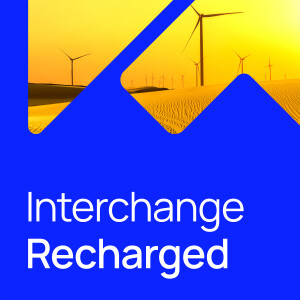
There are still questions about what exactly caused California’s blackouts during last month’s heat wave. We know that imports were down, natural gas plants tripped off line, and wind generation fell.
But what about all those air conditioners, batteries and industrial loads that are supposed to support the grid? What role did they play -- or didn’t they play -- in helping California’s stressed grid?
We’re going to look at how distributed resources are being used today in different grids around the U.S.
With us this week is Dr. Elta Kolo, a content lead on the grid edge team at Wood Mackenzie. She’s an expert on utility business models, grid integration, and demand response.
She’s going to help us understand the technology and market-design landscape for demand response. With California going through another round of grid stresses due to a heat wave and wildfires, this conversation is particularly relevant.
The Interchange is supported by Schneider Electric, the leader of digital transformation in energy management and automation. Schneider Electric has designed and deployed more than 300 microgrids in North America, helping customers gain energy independence and control, while increasing resilience and reaching their clean energy goals.
We’re also sponsored by NEXTracker. NEXTracker has more than 30 gigawatts of resilient and intelligent solar tracking systems across six continents. Optimize your solar power plant.
More Episodes
 2024-06-19
2024-06-19
 2024-04-23
2024-04-23
Create your
podcast in
minutes
- Full-featured podcast site
- Unlimited storage and bandwidth
- Comprehensive podcast stats
- Distribute to Apple Podcasts, Spotify, and more
- Make money with your podcast
It is Free
- Privacy Policy
- Cookie Policy
- Terms of Use
- Consent Preferences
- Copyright © 2015-2024 Podbean.com





